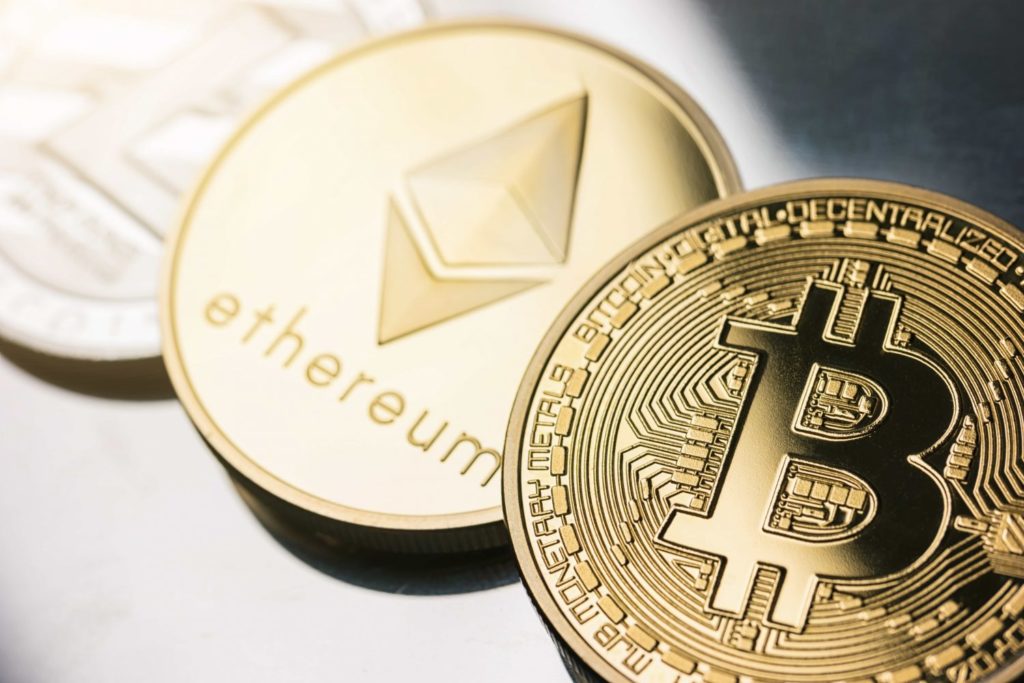More recently, crypto currencies have become popular with venture capitalists. They see it as a fast route and easily amass big fortunes, in fact much faster than investing in conventional start-ups. One of the popular digital emerged in this field after Bitcoin is Ethereum. What is Ethereum? Ethereum is an open software platform based on blockchain technology that enables developers to build and deploy decentralized applications. Joseph Lubin, Co-Founder of the Ethereum Project said Ethereum started as an open source software platform for decentralized applications, where stakeholders needed Ether the token to pay for computational steps and storage operations on the platform. The World Economic Forum mentioned that Ethereum is emerging as one of the most important blockchain platforms today.

The question that commonly occurs is Ethereum similar to Bitcoin? In short, sort of, but not really the same. Like Bitcoin, Ethereum is a distributed public blockchain network. Although there are some significant technical differences between the two, the most important distinction to note is that Bitcoin and Ethereum differ substantially in purpose and capability. Bitcoin offers one particular application of blockchain technology, a peer to peer electronic cash system that enables online Bitcoin payments. While the Bitcoin blockchain is used to track ownership of digital currency (bitcoins), the Ethereum blockchain focuses on running the programming code of any decentralized application.
In the Ethereum blockchain, instead of mining for Bitcoin, miners work to earn Ether, a type of crypto token that fuels the network. Beyond a tradeable cryptocurrency, Ether is also used by application developers to pay for transaction fees and services on the Ethereum network.
Ethereum is Turing-complete which, in very broad terms, means that it can be used to program anything. ETH or Ether is the key currency of Ethereum network but Ethereum also provides the ability to create other tokens, shares or currency. Ethereum uses a concept of ‘gas’ as a way to determine a price for network computation or data storage. Gas is the price and the way to pay for the gas is through Ether.
The Ethereum blockchain has another remarkable feature which is related to how it incents the network of computers used to validate the block chain. Five times a minute a computer on the Ethereum network gets a reward of 5 ETH or Ether. The prize is stored in the blockchain. At the current price of approximately $180 per ETH, that is about $4500 per minute or about $6.5M per day. Because Ethereum is created on a code, the contracts are managed precisely per the rules in the code, without any human intervention required. To fuel the dapps, Ethereum uses Ether. Similar to the incentive of Bitcoin, Ether incentivizes computers to validate the transactions for the dapps.
Ethereum is a decentralized platform that runs ‘smart contacts’. Smart contacts are computer protocols intended to facilitate, verify, or enforce the negotiation or performance of a contract. It was created and launched by Vitalik Buterin in 2014. Smart contracts store information about who owns what item(s), who should get paid and who should pay based on certain criteria including time frame, and Ethereum will automatically move funds based on those rules. An example could be property title or a car loan. Ethereum is an open source software.
Ethereum was designed to be a programmable blockchain which you can build apps on it and those apps are referred to as distributed apps or dApps. Ethereum’s blockchain is similar to the Bitcoin blockchain but was created to make it easy to digitize anything related to a contractual obligation. If Bitcoin’s Blockchain primarily stores financial transactions, Ethereum’s Blockchain mainly stores contractual transactions.






